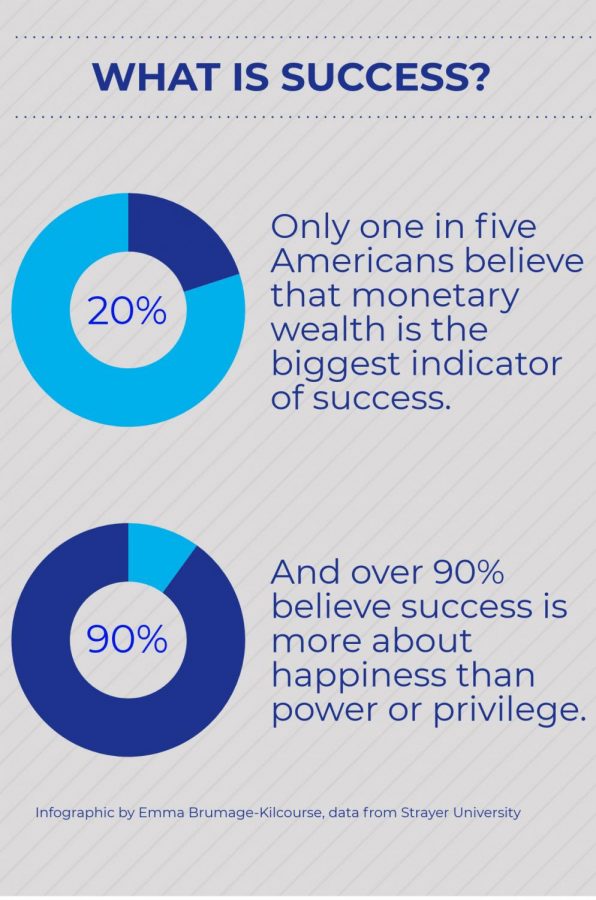On personal excellence: does the rhetoric around college really empower students?
It is the essential question of educational debate: what does it mean to empower students? Do students have enough of a role in their own learning and planning for the future? While Lake Zurich boasts its college enrollment rates, the school’s positive traits may just be a function of demographics alone.
Carl Krause, Lake Zurich’s college and career counselor for eight years, says that students often deal with many obstacles in pursuing what they want as a career. Parents are often extremely involved with their children’s academic lives, he said, and this can have a negative effect on their growing independence and development into adulthood after their graduation.
“I think students are mature enough to be a little more independent and not necessarily needing to go to the same place where their friends are going or [even] where their parents went,” Krause said.
There is also the tunnel vision of a dream school to consider. According to Krause, students often have a feeling of being set in stone and are willing to do whatever they can to get into a particular school. When this is the case, students obsess over the idea of a dream school or schools that might not be feasible, according to Krause.
“College is different for everybody,” he said. “We have a lot of students who go right away to a four year university, which is great, but any kind of post-secondary education I consider college. So even if a student is going to go do a certificate program to do wind turbine maintenance, I think that is college for them.”
The Oxford English Dictionary gives two definitions of the word “success” — accomplishment of an aim or purpose, or attaining fame or wealth. We like to think that by emphasising success, we are encouraging students to achieve their purpose, but we should consider this: are we just trying to make students achieve conventional markers of success? Success, after all, is subjective.
Another reason to question conventional measures of success is that the implications of the idea that schools with lots of students who go to college are more “excellent.” Our stuccess rate may just be a result of the makeup of our student body rather than anything about LZHS itself. According to US News and World Report, LZHS is only 15% “minority” and 15% “economically disadvantaged” (who are eligible for reduced price or free lunch), and 74% of suburban kids go to college versus 61% for rural kids, says The Atlantic magazine.
We need a broader vision of what it means to achieve personal excellence and need to construct strategies aimed at allowing students more freedom in discovering what that is for themselves. Additionally, students need to look outside of the Lake Zurich ideals. Success in this community differs from success in the rest of the world and the fact that some of the statistics we boast about may result from demographic factors needs to be considered and acknowledged.
Today’s society sometimes fixates on the importance of college, and many students feel an intense pressure to go to the perfect school — a pressure increased by the ambitious mindset of a school like Lake Zurich. However, there are opportunities available outside of four year colleges, and students can create their futures to fit whatever narrative they please, regardless of what might be our society’s re-defined ideal of excellence.
About the Contributor

Emma Brumage-Kilcourse, Secretary & Business Manager
As secretary and business manager, this will be Emma's third year on staff and her first year in a leadership position senior year. Emma is a film nerd,...

